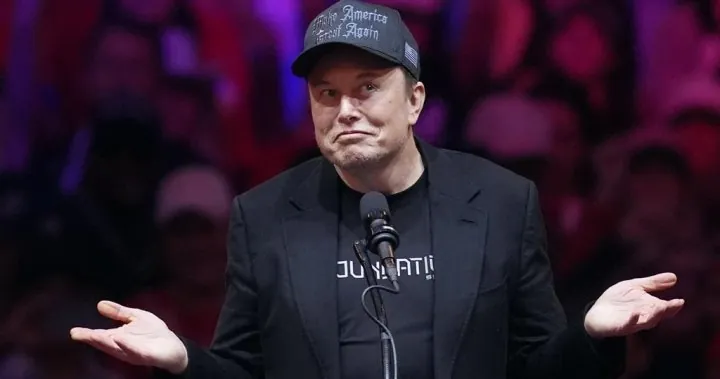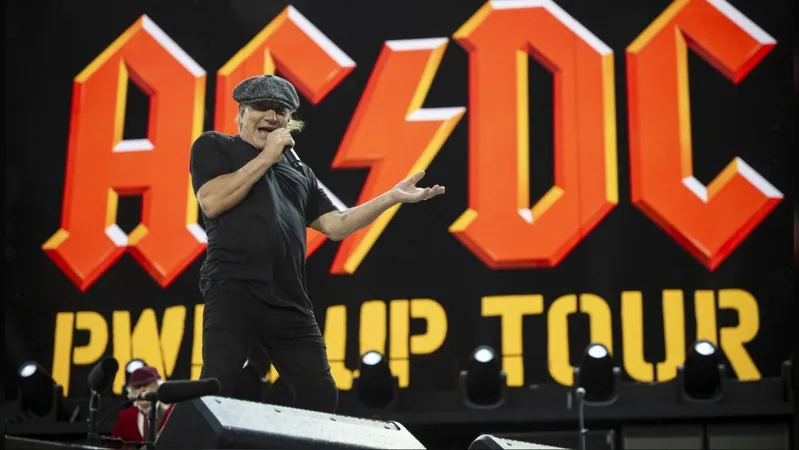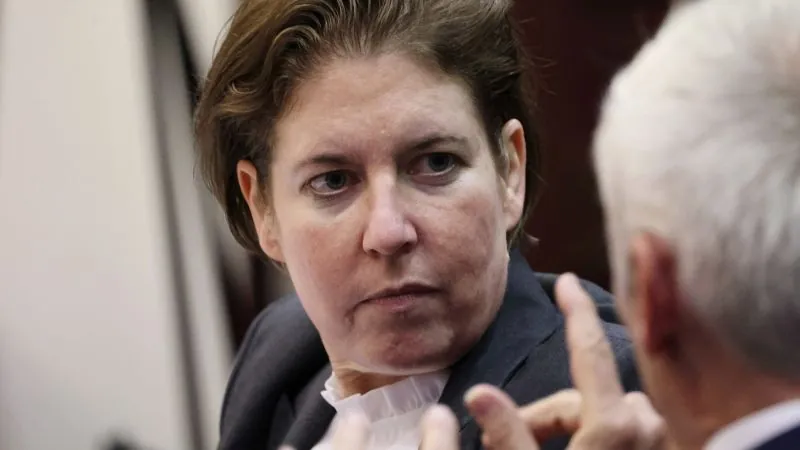
Judge Slams the Brakes on Elon Musk’s Billion-Dollar Compensation Package – What This Means for Tesla Shareholders
2024-12-03
Author: Emily
Overview of the Case
In a stunning legal development, a Delaware judge has upheld her prior decision to force Tesla to revoke Elon Musk’s eye-popping multibillion-dollar pay package. Chancellor Kathaleen St. Jude McCormick delivered her ruling on Monday, rejecting requests from Musk's legal team and Tesla’s corporate directors to overturn her earlier order.
Details of the Compensation Package
The judge’s ruling further complicates Musk's already controversial compensation package, which was originally valued at an astonishing $56 billion. Following the initial ruling back in January, the judge found that Musk had orchestrated the compensation in a series of sham negotiations with directors who lacked independence in their decision-making.
Legal Fees and Rulings
McCormick didn’t just block Musk’s pay - she also shot down a gargantuan legal fee request from the plaintiff's lawyers, who sought over $5 billion in stock as payment. Instead, she awarded them a considerably smaller sum of $345 million.
Shareholder Involvement
The case was brought forward by a Tesla shareholder challenging Musk’s compensation deal struck in 2018. The shareholders had previously ratified the pay package for a second time in June 2023, a move defense lawyers argued signified broad shareholder support, despite the flaws identified in the original process.
Judicial Opinions on Shareholder Votes
However, McCormick was far from convinced by this ratification argument, stating in her 103-page opinion that such a shareholder vote cannot solely clear the path for a conflicted transaction. “Even if a stockholder vote could have a ratifying effect, it could not do so here due to multiple, material misstatements in the proxy statement,” she wrote, emphasizing legal principles that guard against abuses of power.
Musk's Reaction
Musk, clearly outraged, took to X (formerly Twitter) to voice his dissatisfaction, asserting that shareholders, not judges, ought to govern company votes. This comment underlines the growing tension between Musk's leadership style and regulatory oversight.
Critique of Legal Fees Requested
Additionally, in a significant critique of the legal fees requested by the shareholder's lawyers, McCormick noted that their $5.6 billion ask was excessive, particularly given the context of a case centered on exorbitant compensation. “In a case about excessive compensation, that was a bold ask,” she remarked.
Plaintiff's Legal Arguments
Lawyers for the plaintiff maintained that their legal efforts safeguarded shareholder interests, arguing that the value recovered for Tesla equated to a potential benefit of $51.4 billion. They based their figures on stock options that would have inflated Musk's wealth at the expense of other investors.
Rationale for Reduced Legal Fees
Despite agreeing on the soundness of the methodology used to calculate their fees, McCormick maintained that the guiding principles of Delaware law aim to prevent excessive windfall profits for counsel, stating, “$5.6 billion is a windfall no matter the methodology used.”
Comparative Legal Fee Analysis
Instead, McCormick's consideration of a $345 million legal fee award did find some common ground with historical precedents, being approximately half of the $688 million legal fees set in the wake of the Enron scandal back in 2008.
Implications of the Ruling
As the legal battle unfolds, the implications of this ruling extend beyond Musk personally – they pose significant questions about corporate governance, shareholder rights, and the responsibilities of directors. This ruling may transform the landscape for high-powered executives and their endorsement from boards, as it sends a clear message about accountability.
Conclusion
Stay tuned as this saga continues to develop – will shareholders stand by Musk, or has the judge’s ruling changed the game forever?









 Brasil (PT)
Brasil (PT)
 Canada (EN)
Canada (EN)
 Chile (ES)
Chile (ES)
 España (ES)
España (ES)
 France (FR)
France (FR)
 Hong Kong (EN)
Hong Kong (EN)
 Italia (IT)
Italia (IT)
 日本 (JA)
日本 (JA)
 Magyarország (HU)
Magyarország (HU)
 Norge (NO)
Norge (NO)
 Polska (PL)
Polska (PL)
 Schweiz (DE)
Schweiz (DE)
 Singapore (EN)
Singapore (EN)
 Sverige (SV)
Sverige (SV)
 Suomi (FI)
Suomi (FI)
 Türkiye (TR)
Türkiye (TR)